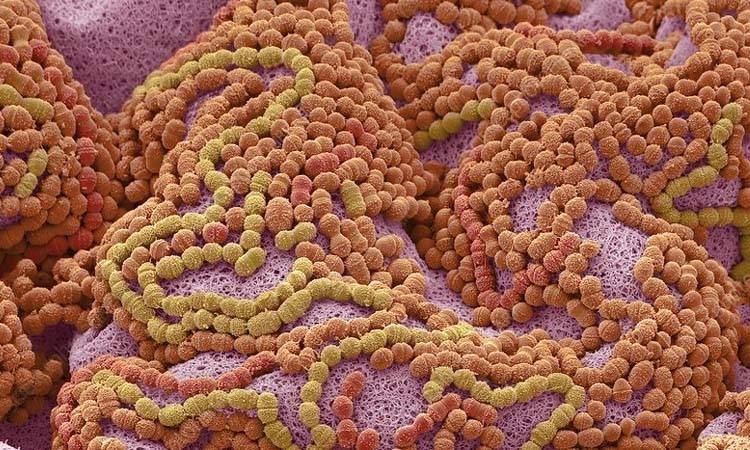
AUSTRALIA: Researchers at the School of Animal and Veterinary Sciences, The University of Adelaide, Roseworthy, have recently found that Porphyromonas, Fusobacterium and Bacteroides species dominate in macropod progressive periodontal disease.
Macropod progressive periodontal disease (MPPD) is a necrotizing, polymicrobial, inflammatory disease is characterized by gingivitis associated with the formation of dental plaque, which progresses to periodontitis and then to osteomyelitis of the mandible or maxilla.
The pathogenesis of periodontal disease in macropods is considered to be similar to that for humans. However, unlike humans, MPPD in macropods commonly progresses to Necrotising Osteomyelitis of the mandible or maxilla, with the formation of sequestra and proliferation of subperiosteal bone subsequently leading to bone deformity in the jaw.
The authors of the research Sabine Yip, Manijeh Mohammadi Dehcheshmeh and colleagues have researched twenty-two captive macropods. They took the oral plaque samples of healthy, gingivitis and periodontitis-osteomyelitis cases to conduct a study.
Compositional differences were detected between the microbiota of periodontitis-osteomyelitis and gingivitis cases compared to healthy samples. An increase in Porphyromonas, Fusobacterium, and Bacteroides species was also identified in animals with MPPD compared to healthy individuals. Moreover, an abundance of Desulfomicrobium was detected in MPPD samples which could potentially contemplate the differences in disease progression.
The whole study identified about 181 bacteriae species, in which Porphyromonas, Fusobacterium, and Bacteroides have been in abundance.
The results supported the polymicrobial pathogenesis of MPPD. The researchers concluded that the interactions between the microbes might be more complex than had been documented earlier. In addition, understanding the pathogenesis of MPPD has been a key to the development of more effective preventative and therapeutic measures.
The research “Porphyromonas spp., Fusobacterium spp., and Bacteroides spp. dominate microbiota in the course of macropod progressive periodontal disease” was recently published online in Scientific Reports of the journal Nature.


